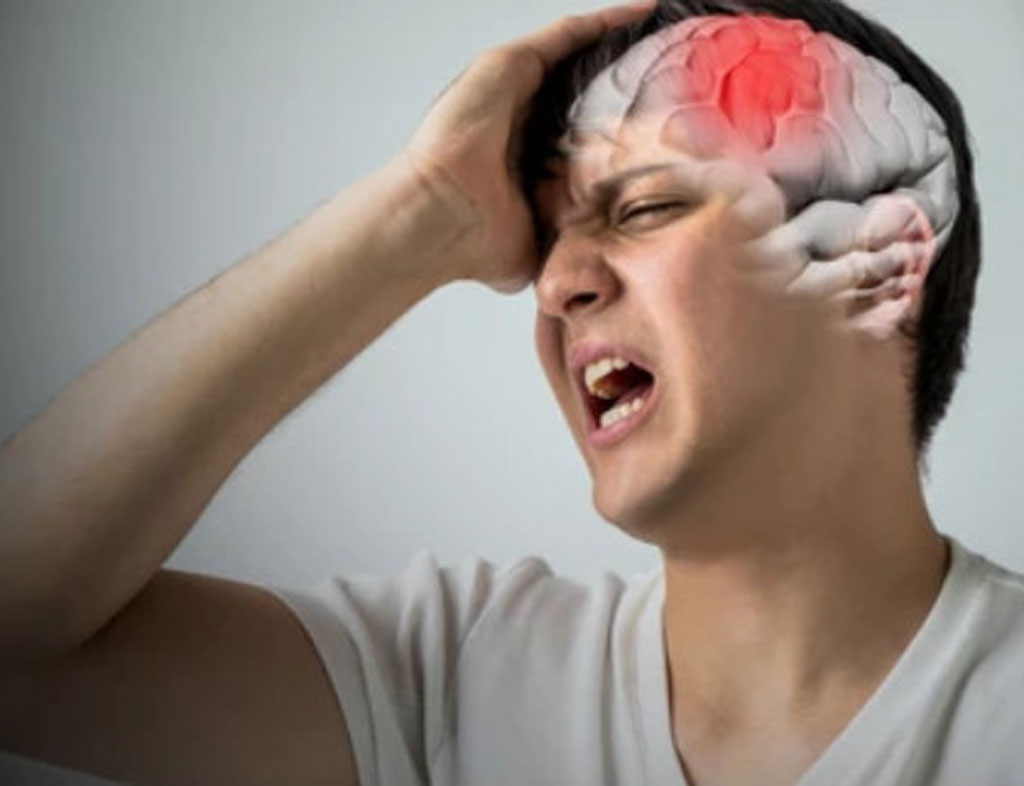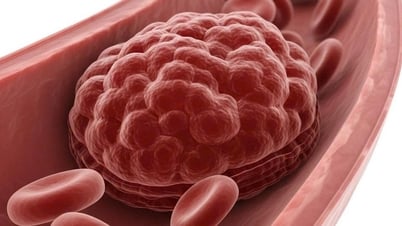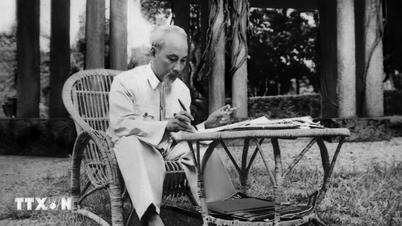For stroke, the sooner emergency treatment is given, the higher the chance of saving the patient's life. Therefore, recognizing the initial symptoms is very important, according to the Express (UK).
Although strokes are unpredictable, early signs of ischemic stroke can appear up to a week before medical attention, according to research.

Early signs of an ischemic stroke may appear up to 1 week before medical attention
Research explains that 80% of strokes are ischemic and are often preceded by warning strokes or mini-strokes.
Mini-stroke is the common term used to describe a transient ischemic attack. Professor Louise Connell, a physiotherapist at the University of Central Lancashire (UK), said: Mini-strokes and full-blown strokes are both caused by an interruption of the blood supply to the brain caused by a blood clot. And the only difference between a full-blown stroke and a mini-stroke is that a mini-stroke is temporary and the blood supply is quickly restored, according to Express .
The study, which included 2,416 people, found that 549 patients had a mini-stroke before the actual emergency. The results found that about 43 percent of those who had a mini-stroke experienced early signs within a week of their stroke. According to the study, warning signs to look out for include:
Sudden numbness or weakness of the face, arm, or leg, especially on one side of the body.
Confused or confusing.
Suddenly difficult to say.
Difficulty seeing in one or both eyes.
Sudden dizziness, loss of balance, loss of coordination, or trouble walking.
Severe headache with no cause.

One way to check if a person is having a stroke is to ask him or her to raise both arms.
Professor Connell said if you experience any of the above signs, no matter how mild, you should still see a doctor. Timely intervention can help prevent a mild stroke from becoming a full-blown stroke.
Professor Connell added that medical treatment could include removing blood clots before they cause a stroke and treating factors that increase the risk of stroke such as high blood pressure, atrial fibrillation...
Source link
























































![[Maritime News] Wan Hai Lines invests $150 million to buy 48,000 containers](https://vphoto.vietnam.vn/thumb/402x226/vietnam/resource/IMAGE/2025/6/20/c945a62aff624b4bb5c25e67e9bcc1cb)








![[Infographic] Party Committee of the Ministry of Culture, Sports and Tourism: Marks of the 2020 - 2025 term](https://vphoto.vietnam.vn/thumb/402x226/vietnam/resource/IMAGE/2025/6/22/058c9f95a9a54fcab13153cddc34435e)































Comment (0)